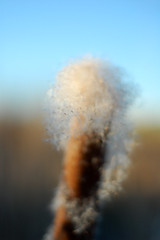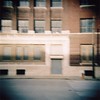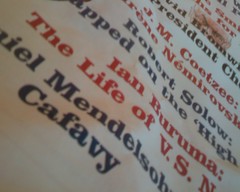I lived here once.
In this small pocket of place
capped by our rental shack
at the crest
buttressed by the boathouse
at the bottom
gapped by a steep incline
where the tips of the tall grasses
heaved with spit bugs
in the Summer
large white wet loogies
that smeared and burst
against my leg as
like a capsule called to splashdown
I catapulted to the sea
here I am again. now.
the tide is high
the Sound has pulled in her skirts
and the rocky shore remains
maybe a yard wide for walking
a thin path of passage
that after half a mile (I guess)
dissolves to sand, grows wide
I was small then and knew the distance
as Suzie’s house first (the trampoline!)
and then the wide open stretch that
became the path to Richie’s place
Sealth knew it too, this place
where now the massive cedar
rest like errant detritus
soft from the saltwater
limbless from the efforts
of lumberjacks
the Longhouse was here
warmed by towering fires
the congress of commerce
consanguineous and carnal
heated conferences. confidences.
I wasn’t going to Richie’s place today.
The tide was high, just shy
of the soft silver wood of the
deck and I lay my belly
against the boards
to listen to the water drum
in that small space between it and me
the barnacled legs of the dock
(encrusted like armature, impenetrable)
wake to the waves, and then
(I came to expect it, I came to see it)
they roll back their lids
like observatories to the night sky
and then, unearthly, they
extend their tendril tongues
to lap and feed
a soft undulation
that looks all the world
like Armstrong taking his first
uncertain steps
on the Moon
p.s.
The place I mean »























